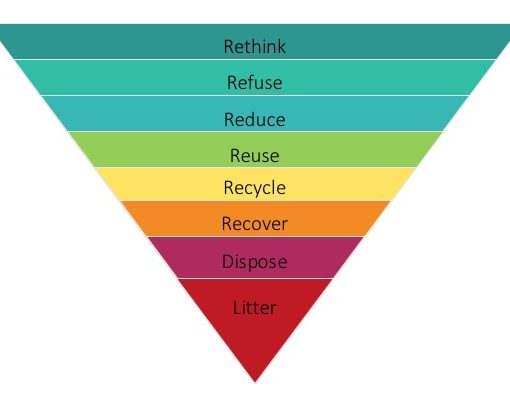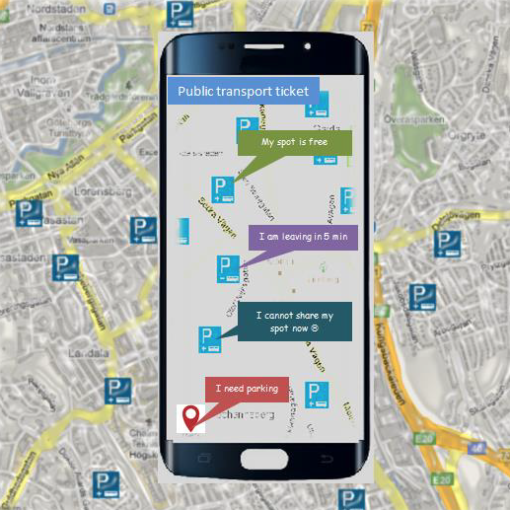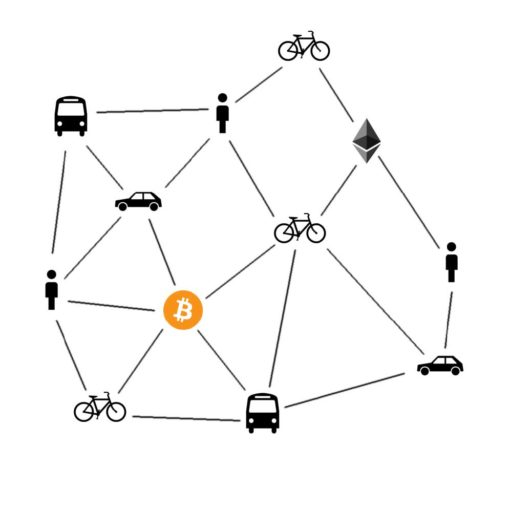Lindsay Berg (2016)
Organizations have the potential to increase their output by increasing the engagement of their employees. However, in order to do so there must be alignment between personal values, current organizational values and desired values for where the organization intends to go. Unfortunately, this lack of alignment is commonly overlooked, and, in the context of sustainability there have been no systemic attempts to explore this alignment within an organization. Therefore, this study addresses: (i) how personal and organizational perspectives on sustainability align within an organization; and, (ii) what may a management group do to increase employee engagement and performance in the implementation of sustainability goals. To address these questions interviews were conducted with a management team of a local organization, consisting of 30-35 employees, followed by a focus group with interview participants. A multi-method approach was adopted to allow for data triangulation, flexibility and reflexivity. Data was analyzed using the Barrett Values Centre model for Organizational Consciousness. The results illustrated a limited perception of sustainability, different perspectives of sustainability between the participants’ personal lives and organizational lives, and, that little time if any has been spent envisioning a desirable state of sustainability for the organization. To overcome these barriers, it is recommended the organization takes time for individual and communal reflection, incorporates an active approach towards leadership training for all staff, and, applies a Backcasting through principles approach in order to nurture a shared mental framework. It may prove worthy to apply these research methodologies to other organizations to enhance their performance in the implementation of sustainability goals. This thesis has been conducted in an innovative educational setting, that of the Challenge Lab, at Chalmers University of Technology, whereby students are equipped with self-leadership training, dialogue and facilitation tools, systems thinking and design thinking methods to overcome societal barriers in the transition to a sustainable future.
Read the full report here.





